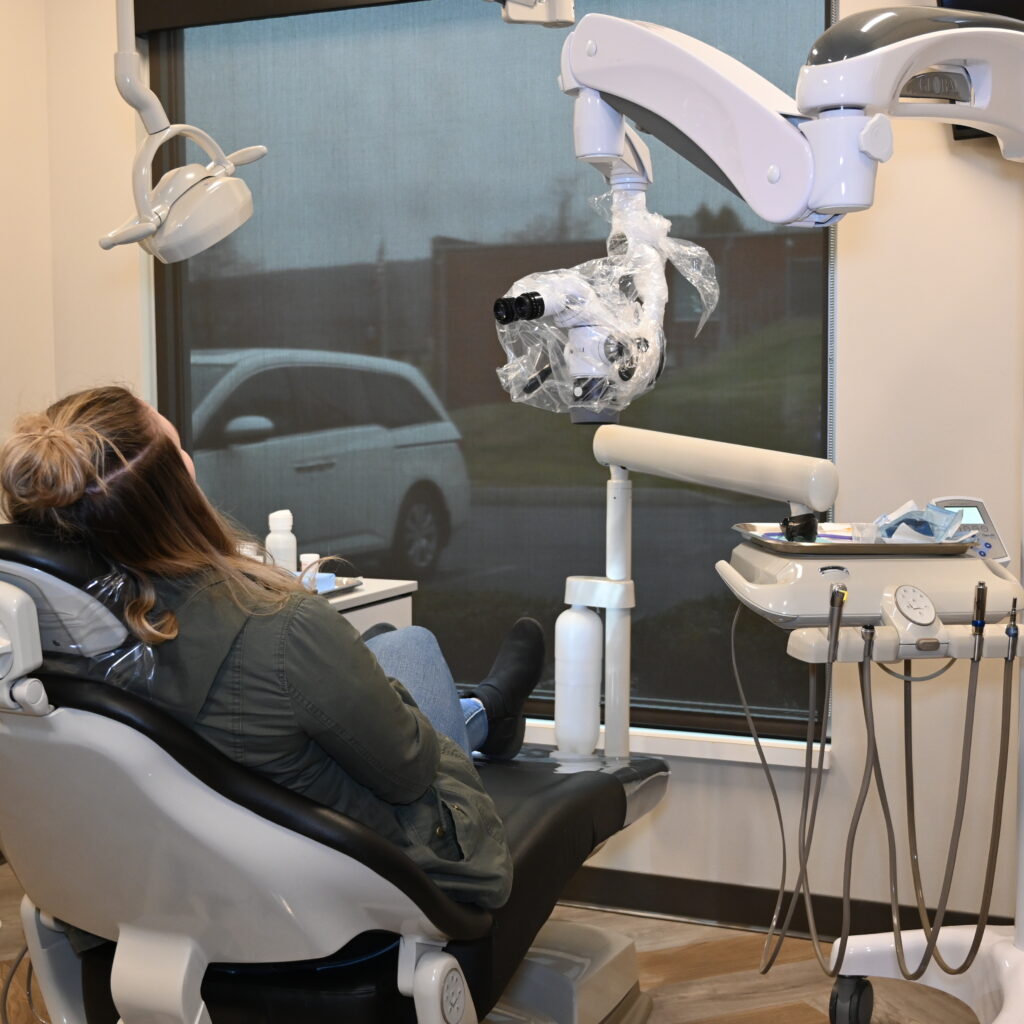Endodontic treatment, also known as root canal therapy, is a dental procedure that can save a tooth that has been badly infected or damaged. This treatment involves removing the pulp (or nerve) and other tissue from the interior of the tooth before sealing it off to protect against further infection. By removing the pulp and bacteria in this way, endodontic treatment can save a tooth that would otherwise need to be extracted. This procedure is relatively painless and can help maintain your natural teeth for years, even if they have been heavily damaged or infected. While the recovery process may take some time, it’s well worth it in order to preserve the structure and function of your tooth. If you are suffering from an infected tooth, don’t hesitate to speak with your dentist about endodontic treatment. It may be just the solution you need to save your natural teeth!
Endodontic treatment not only helps to preserve your natural teeth, but can also improve your overall oral health. By eliminating infected and damaged tissue from the interior of your tooth, endodontic treatment can help to prevent further damage and infection. Root canal therapy may be necessary to correct any bite problems caused by a badly damaged or infected tooth. This can improve your ability to chew food properly and make it easier for you to maintain proper oral hygiene.

When you choose Cumberland Valley Endodontics, you can be sure that your treatment will be performed with the highest level of safety and care. We take a comprehensive approach to root canal therapy, which helps us ensure optimal results for our patients. By saving teeth through endodontic treatment, we can help improve oral health and keep smiles looking their best.
Endodontic treatment is an important part of maintaining good oral health. By removing infected and damaged material from the interior of your tooth, endodontic treatment can help to preserve the structure and function of your natural teeth while improving your overall oral health. If you think you may be a good candidate for endodontic treatment, don’t hesitate to speak with your dentist about this procedure. With the right care, endodontic treatment can help save your natural teeth and keep your smile healthy for years to come. At Cumberland Valley Endodontics, we strive to provide the best possible service so each patient can achieve long-term oral health and feel confident in their smiles.











